Am I too old for orthodontics?
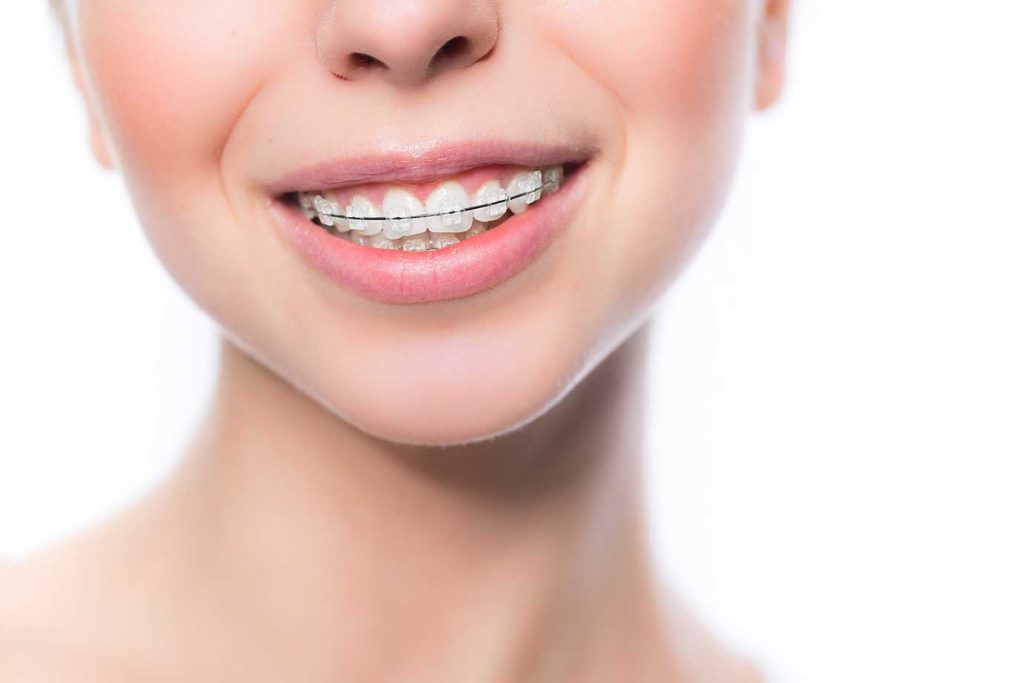
There is no age limit for orthodontic treatment! Routine orthodontics can be readily carried out in adult patients with teeth free of active disease (decay or gum infection).
However, treatment may be more complex in adults as compared to younger, growing patients. Therefore, it is important to discuss your concerns and expectations of treatment with your attending orthodontist, so that he/she is able to offer you an individualised plan. At times, a combined orthodontic-orthognathic surgery approach may be needed to achieve treatment objectives (see tab Orthognathic Surgery section).
There is a range of possible orthodontic treatment that adults may undergo. The aims of simple treatment may be to address crowding or improve your smile, while more complex treatment may be required to facilitate multi-disciplinary management.
Orthodontics may sometimes be recommended in conjunction with other treatments, such as:
Periodontal treatment
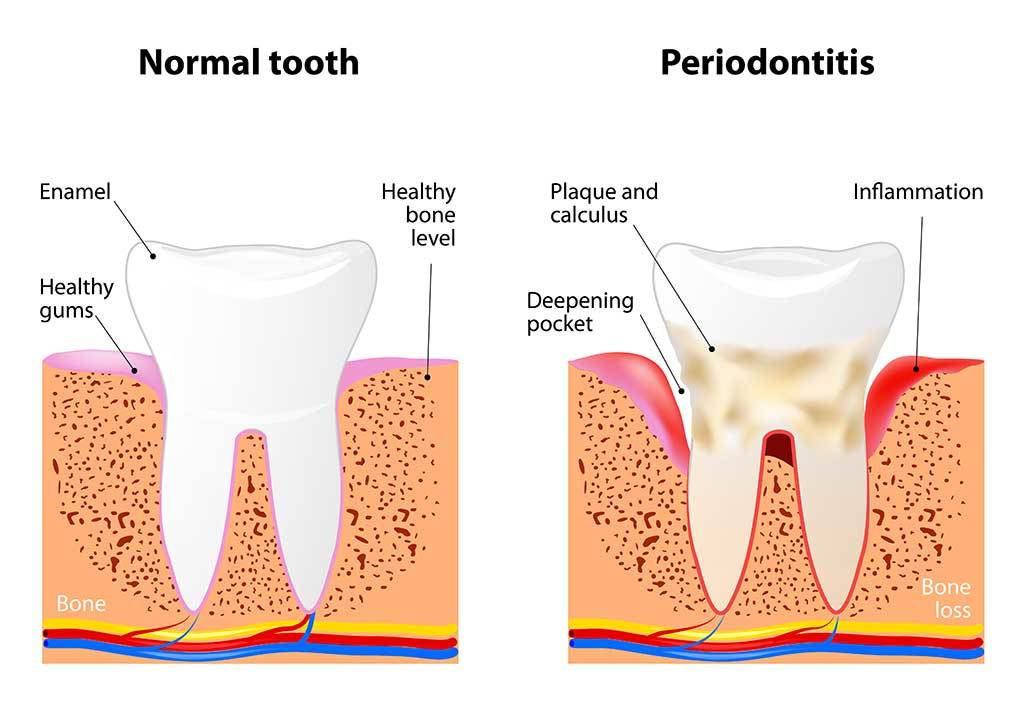
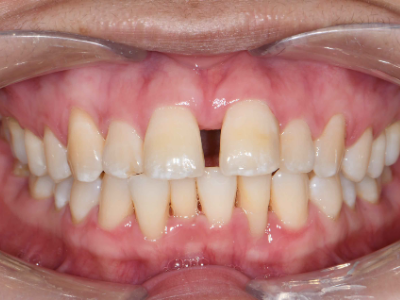
- Aligning teeth help remove plaque harbouring areas
- Spaced teeth due to gum disease can be closed after control of active disease.
Prosthodontic treatment
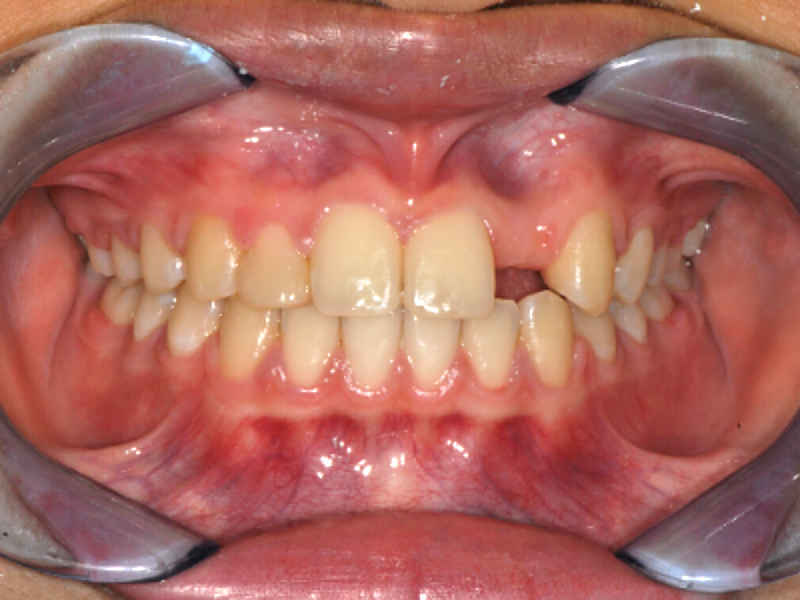
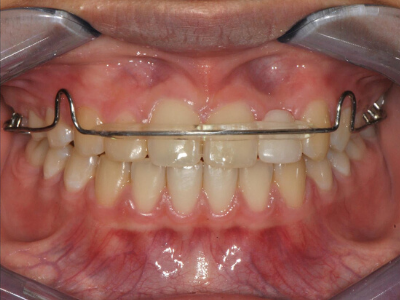
- Aligning teeth facilitates placement of dental prostheses such as dentures, dental bridges and dental implants
- In patients with multiple missing teeth, orthodontic treatment may facilitate redistribution or closure of spaces to allow for ideal placement of an implant or bridge(use existing pictures on website)
Obstructive sleep apnea (OSA)

- OSA is the most common form of sleep disordered breathing characterised by excessive daytime sleepiness and repeated severe reduction (hypopnea) and/orcomplete cessation (apnoea) of nasal and oral airflow during sleep.
- OSA patients may be advised to see an orthodontist for fabrication of a mandibular advancement device or, in severe cases, undergo maxillo-mandibular advancement surgery.
Can adults with gum disease undergo orthodontic treatment?
Gum disease is common among adults but this does not mean that orthodontic treatment is not suitable for you. We encourage you to visit your dentist or periodontist (gum specialist)to ensure that your gum disease is under control before starting orthodontic treatment.
During orthodontic treatment, you will need to have more regular cleaning of your gums. Your orthodontist will liaise with your dentist/gum specialist to ensure that the planned treatment will not jeopardise the health of your teeth or gums.
